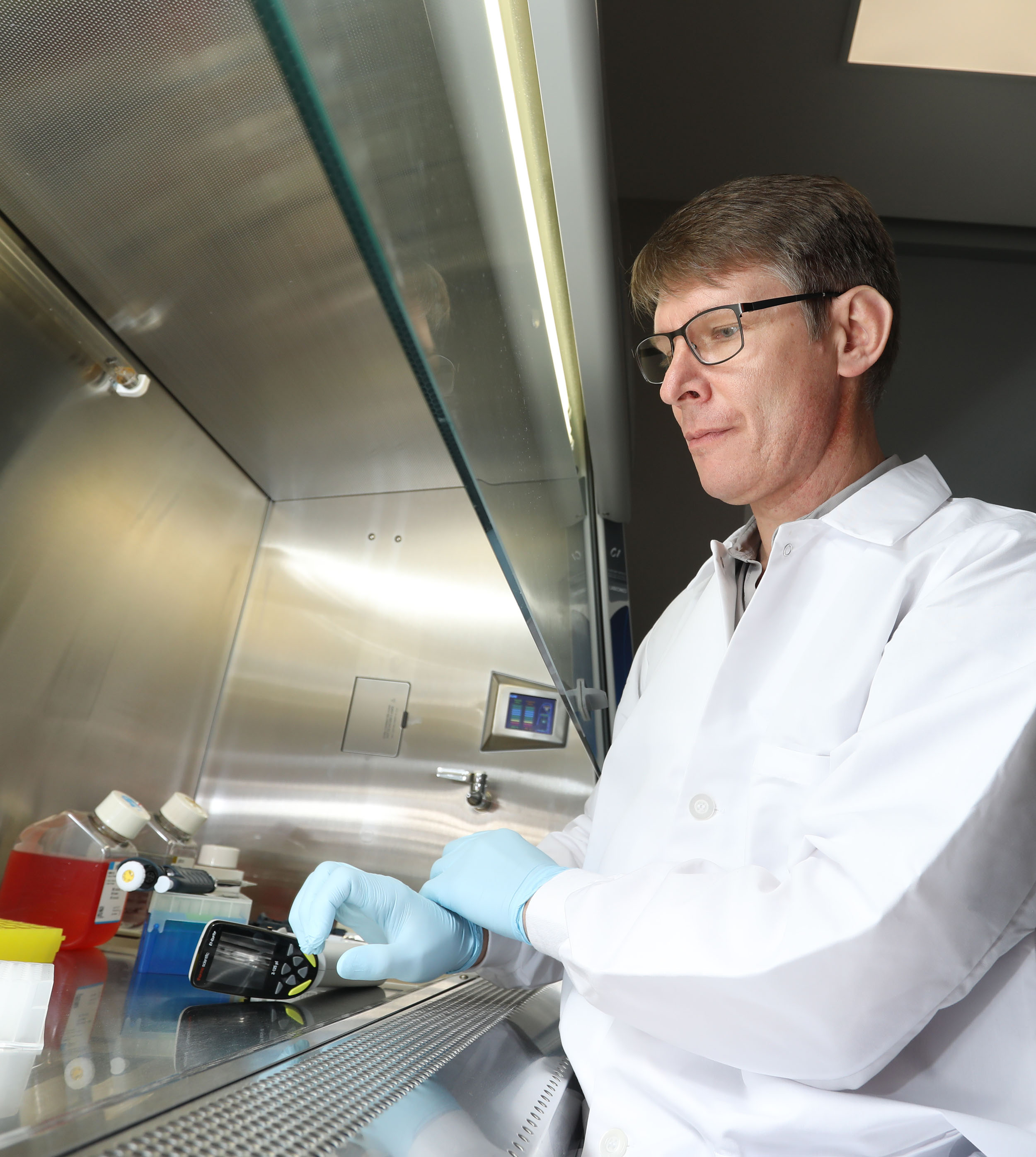Current Research
Scientists at the Clemson University Center for Human Genetics work to promote comparative medical genomic studies on complex traits and human diseases. These complex traits are considered to be of fundamental importance to both health and disease.
Current Reaearch
Scientists at the Clemson University Center for Human Genetics work to promote comparative medical genomic studies on complex traits and human diseases. These complex traits are considered to be of fundamental importance to both health and disease.
Dr. Andrei Alexandrov
Common and rare genetic diseases and disorders affect a large fraction of the world’s population. Common diseases and risk factors such as hypertension, high cholesterol, arthritis, heart disease and diabetes collectively affect ~80% of the population, with many individuals afflicted by more than one disease. These traits have a complex genetic basis due to segregating alleles with small effects at many loci and are also affected by environmental exposures: they are quantitative traits.
In addition to common diseases, a total of 7,000 different rare diseases have been described. Although each rare disease impacts less than 1 in 200,000 individuals, collectively, they affect up to 10% of live births, resulting in a large pediatric patient population. Most rare diseases are caused by a genetic disruption with a highly penetrant effect that segregates in pedigrees as a Mendelian polymorphism. Mapping the causal genetic basis of common and rare diseases and understanding the mechanism(s) whereby causal variants affect disease are critical for diagnosis, risk prediction, management of patient symptoms and the development of therapies.
Although many advances in genomic medicine have occurred in the past 20 years, identifying causal variants for disease risk, understanding their pathogenic mechanisms and the environmental factors that impact their effects remains a major challenge in current human genetics. Elucidating the mechanisms by which genetic variants affect function requires expertise from multiple disciplines ranging from quantitative, population, molecular, cellular and developmental genetics; statistics, bioinformatics and computational biology; to functional genomics. It also requires the ability to directly test hypotheses derived from human studies by functional analyses in cell and tissue culture and animal models and to perform high dimensional analyses of pleiotropic effects on molecular networks in these model systems that are not possible in humans. Active research projects in the Center investigate the roles of gene regulation, post-translational modification and structural variation in common and rare diseases; develop more powerful models for genotype-phenotype prediction; and utilize systems genetics approaches in cellular and animal models to more fully understand the genome-wide impact of genetic variants on molecular networks in health and disease in human populations.
For information on individual projects, click the links on the People page.
Questions?
For further information about the Clemson Center for Human Genetics please contact us.
or
chg@clemson.edu

